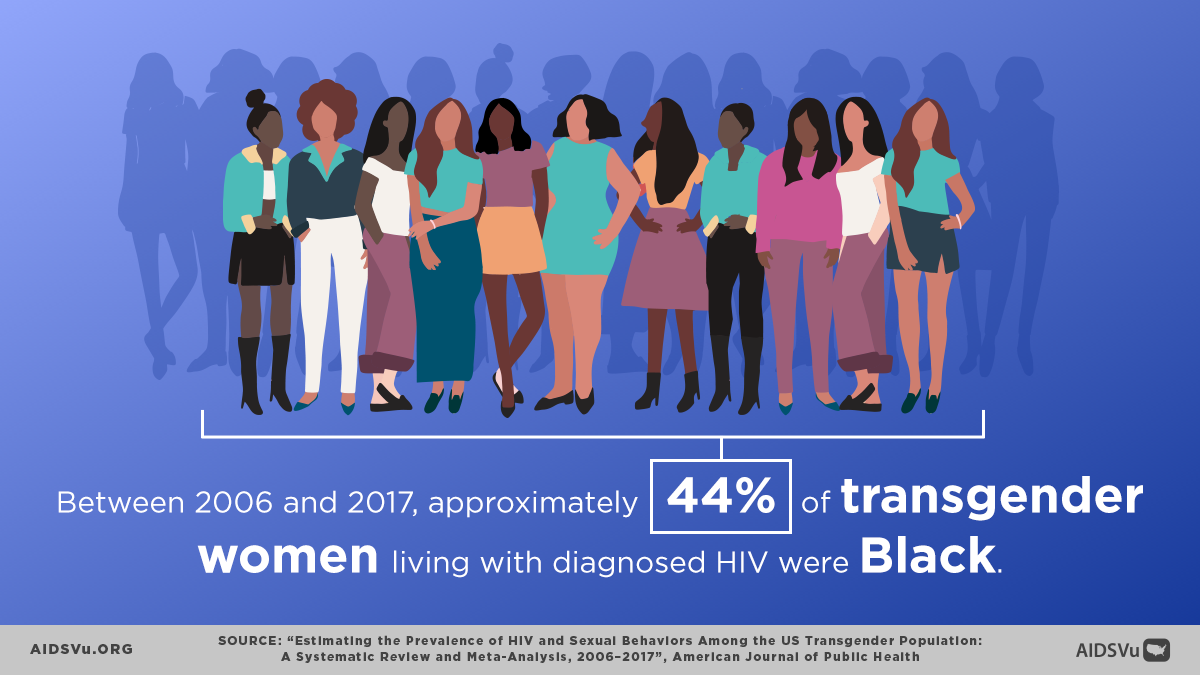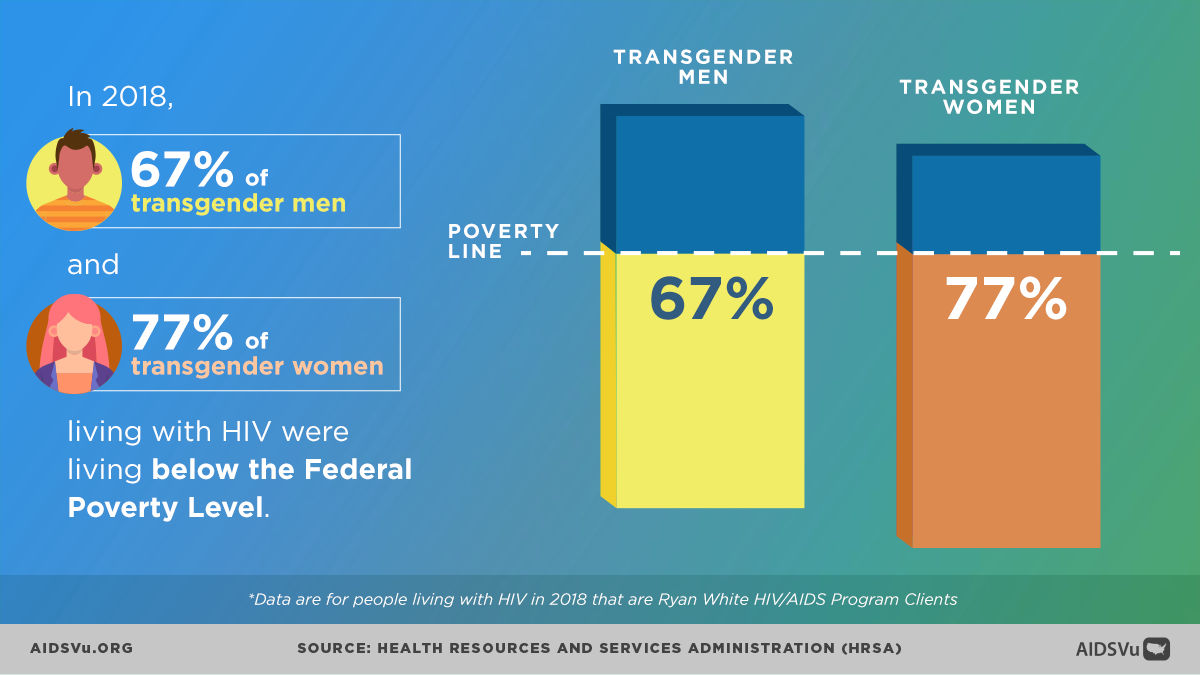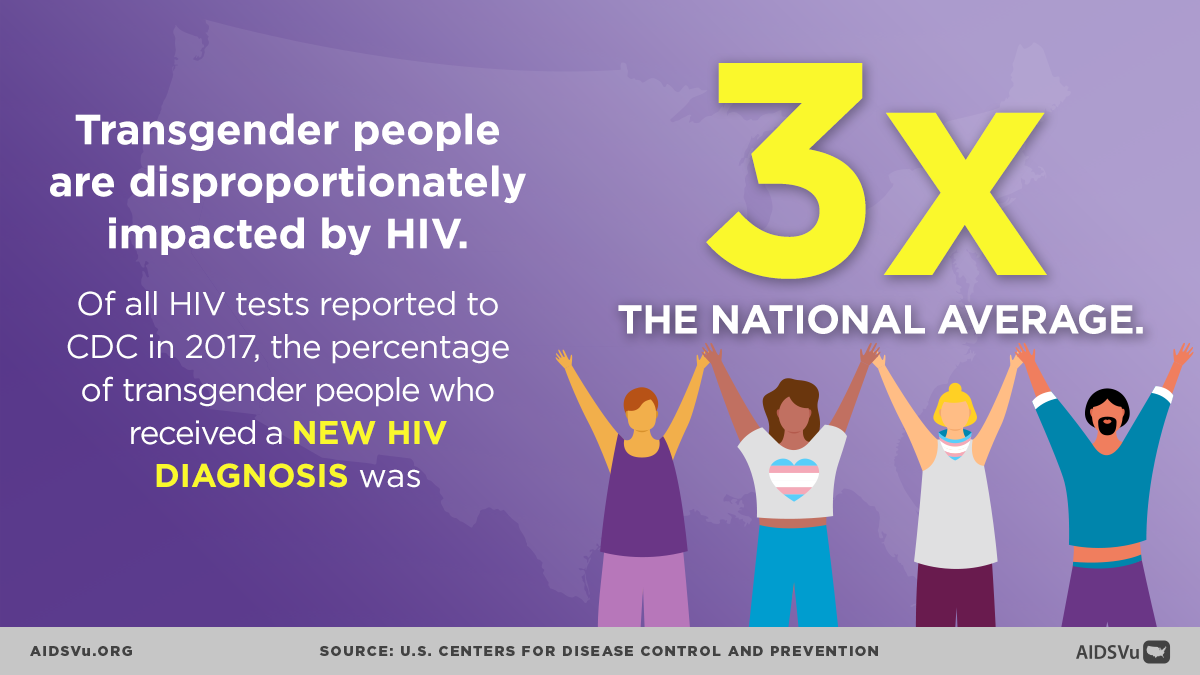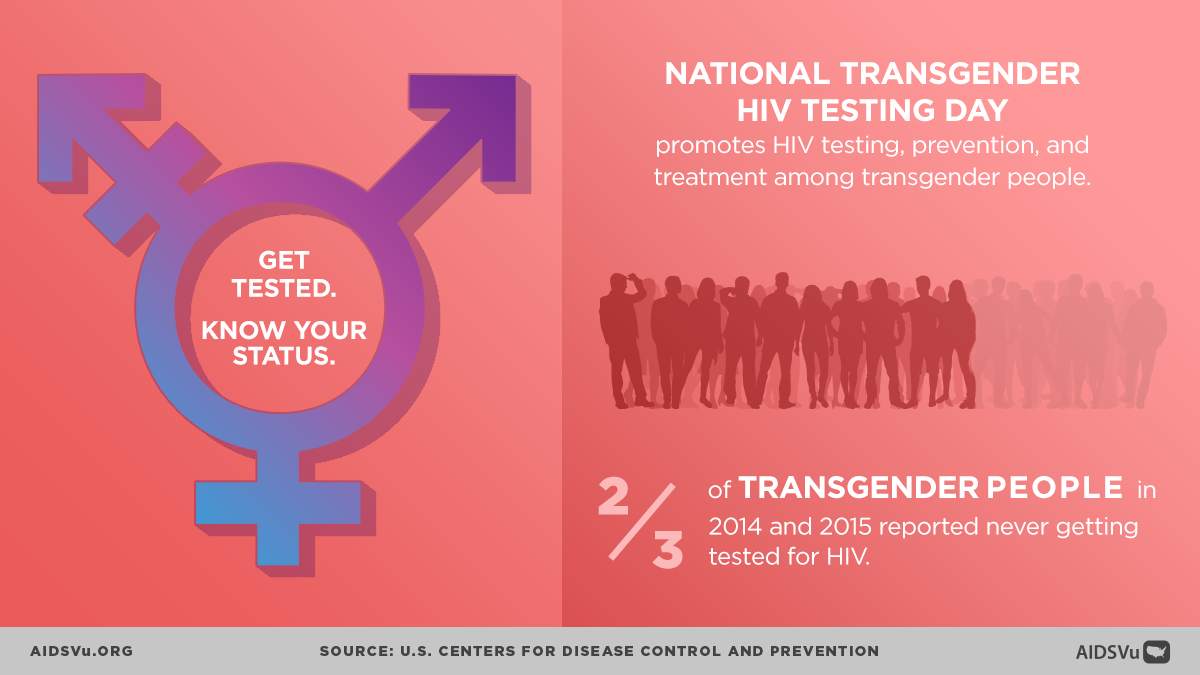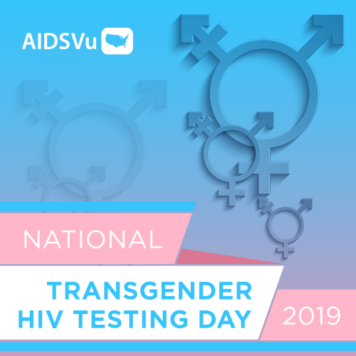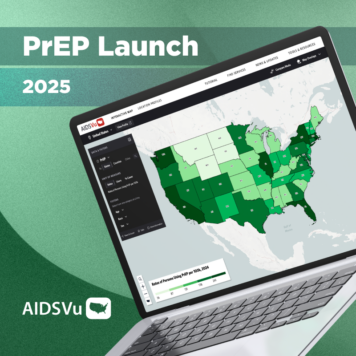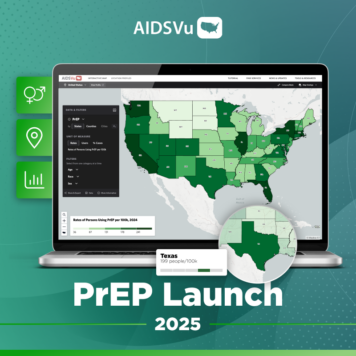This April 18th we recognize the 5th annual National Transgender HIV Testing Day (NTHTD). NTHTD was created to highlight ways to reduce HIV stigma and promote testing for transgender people – who experience disproportionately high rates of HIV.
Every year, National Transgender HIV Testing Day spotlights the importance of routine HIV testing, status awareness, and continued focus on HIV prevention and treatment efforts among transgender and gender non-binary people. According to the Centers for Disease Control and Prevention (CDC), in 2017 the percentage of transgender people who received a new HIV diagnosis was three times higher than the national average. Furthermore, this disproportionate impact is only further exacerbated among racial/ethnic groups —Between 2006 and 2017, approximately 44% of transgender women living with diagnosed HIV were Black.
In recognition of NTHTD, we encourage everyone today and throughout the year to engage with national and local organizations helping to address these social determinants of health and reduce the stark health disparities experienced by those in the transgender community.
As the COVID-19 outbreak continues in the United States, public health workers and advocacy organizations are adjusting practices and protocols to ensure access to HIV treatment and care continues during this time. In light of the pandemic, please be sure to call ahead to check on healthcare location closures and the availability of services. While HIV treatment providers’ offices may not be accessible during this time, information on programs offering telehealth services and telemedicine treatment is available through HRSA.
On National Transgender HIV Testing Day, get involved and join the fight against HIV:
- EDUCATE FAMILY AND FRIENDS: View our local statistics to see if your city reports transgender data
- LEARN MORE: Check out CDC’s page on HIV Among Transgender People to learn more about the many challenges that transgender people face related to HIV prevention
- GET TESTED: Visit AIDSVu.org/testing to find a testing site near you
- FIND PrEP PROVIDERS: Use AIDSVu’s PrEP locator to find a local PrEP provider

